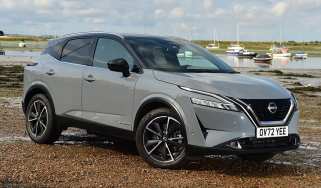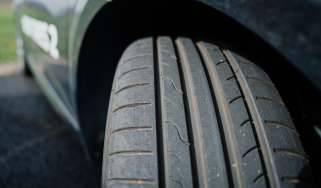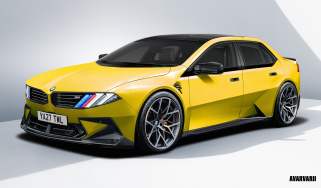New Nissan Qashqai to get radical look and all-electric power
Major investment in Nissan’s Sunderland plant underpins the new fourth-generation Qashqai
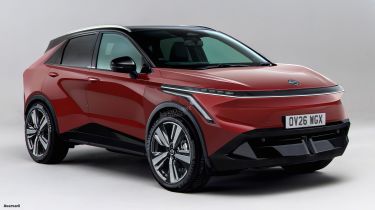
The Nissan Qashqai has been at the sharp end of the UK’s new-car sales charts for nearly 20 years. Now the brand has confirmed that the next-generation family SUV will be manufactured at the firm’s factory in Sunderland – and our sister site Carbuyer has revealed that it’s set to be the most radical take on the crossover concept yet.
The original Qashqai, launched in 2006, marked a dramatic rethink on the family-car formula – not least because Nissan had struggled to compete with a conventional hatchback against rivals such as the Vauxhall Astra and Ford Focus. The landscape has altered dramatically in the years since, with countless competitors joining the market – but Nissan is hoping that an all-new version of the Qashqai will arrive at a key time for many UK car buyers, giving them the option of an established nameplate featuring cutting-edge tech.
In an unusual move, Nissan has already issued a preview of the Qashqai: the dramatic Hyper Urban concept revealed ahead of the Tokyo Motor Show in October. The company even admitted during recent confirmation of investment in its UK factory that the next Qashqai will be “inspired” by the Hyper Urban.
Our exclusive images take the concept’s profile, but also show how the dramatic surfacing could be toned down and adapted for production versions. Hyper Urban has only been shown in digital form so far, but we’d expect the new Qashqai to measure around 4.5 metres long, allowing room above for the existing Ariya (and, potentially, a future seven-seat flagship) while featuring a more practical overall shape than the outgoing car. The Qashqai will be positioned above the next Leaf, which will also be reinvented for its third generation as a jacked-up crossover.
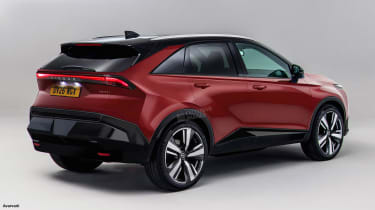
Beneath the metal, the new Qashqai will use the same basic CMF-EV architecture as Renault’s newly relaunched Scenic family SUV. That car measures 4,470mm and has a wheelbase that’s a full 12 centimetres longer than the current petrol Qashqai’s. Adopting a similar chassis configuration would allow Nissan to greatly improve the cabin space of its family SUV, while still retaining a boot capacity of around 500 litres. Expect Nissan to hold on to a few of the existing Qashqai’s traits too, such as doors that open particularly wide, making it easier to install and remove child seats.
The biggest switch for the Qashqai, of course, will be the move to electric power. The current car has featured electrified tech, with Nissan’s e-Power hybrid systems, but the brand has committed to launching only EVs in Europe from this point on. So by definition, the fourth-generation model will drop combustion engines entirely.
Again, the clues to its likely set-up lie in the Scenic, because both members of the Renault-Nissan-Mitsubishi Alliance focus on sharing components where possible, including control modules and electric drive units. Nissan could ultimately go its own way on precise configurations and chemistries, given that its Sunderland assembly lines will be supplied by a nearby gigafactory. But the core dimensions defined by CMF-EV should mean similar figures.
As a result, expect a choice of battery sizes, with around 60kWh in base-spec, two-wheel-drive editions, and up to 90kWh for those after a longer range or faster dual-motor performance. The CMF-EV platform has already shown itself capable of supporting a car of the Scenic’s size at less than 1,900kg, and this should transfer to the Qashqai too, delivering a range of up to 350 miles.
The Qashqai is one of a trio of models confirmed by Nissan for Sunderland, in a package of investment worth up to £2billion. The next Leaf will join the car there, along with the all-electric Juke.
Click here for our list of the best electric SUVs on sale right now...




